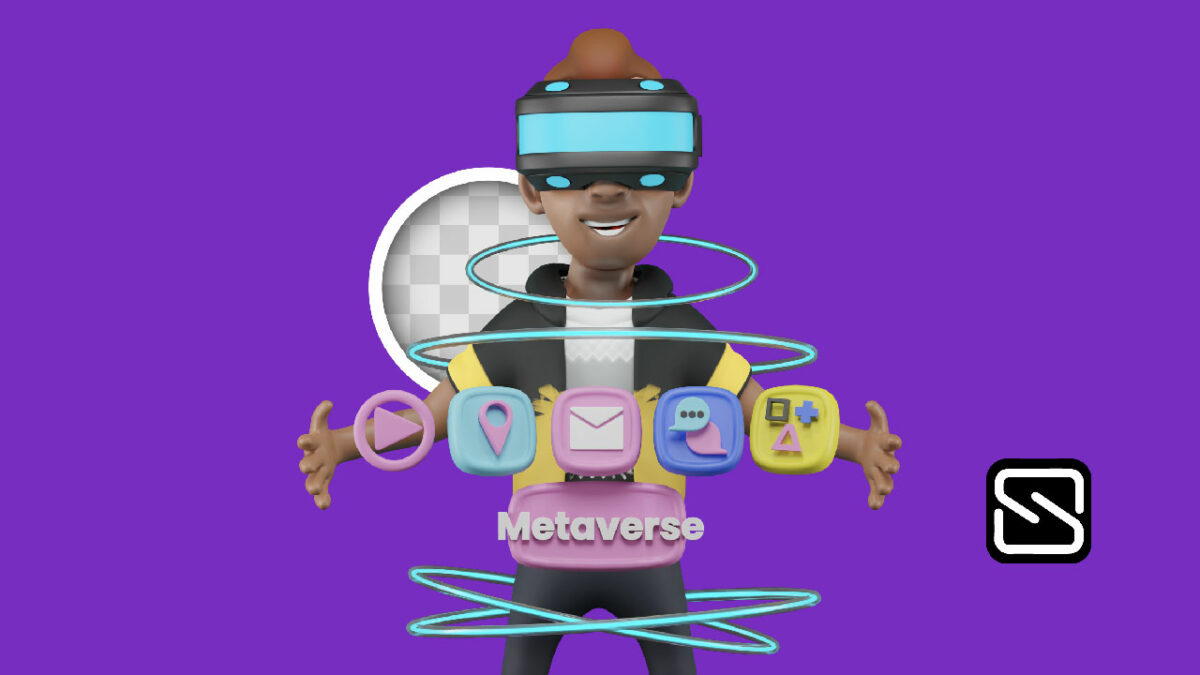As Ubuntuland, Africa’s first metaverse marketplace, gains pace, research estimates that the virtual world platform may inject more than $40 billion into the African economy in its first decade.
According to economists at Analysis Group, worldwide adoption of the metaverse may contribute 2.8 percent to global GDP in just a decade, with Africa contributing 1.8 percent. This equates to $3 trillion globally, with Africa accounting for approximately $40 billion.
By the tenth year, the metaverse’s portion in the global economy will have risen to 2.8 percent, according to Analysis Group (AG). The 2.8 figure reflects significant geographical differences.
“By region, the metaverse’s share of regional GDP in the 10th year is 2.3% for APAC, 0.9% for Canada, 0.4% for Europe, 4.6% for India, 5.0% for LATAM, 6.2% for MENAT, 1.8% for Africa, and 2.3% for the United States,” the report, released on Monday reads in part.
Because of its nature, the metaverse is regarded as a simple addition to the global economy rather than a redeployment of existing resources.
“Because these numbers do not account for any displacement of GDP from other industries that may occur over the 10 years, they can be viewed as a lower bound on the metaverse’s share of 10th year GDP,” the report reads.
In Africa, the metaverse is already a reality in some industries. In February, MTN Group, Africa’s largest mobile operator, purchased digital land parcels in Ubuntuland, the continent’s metaverse.
The telecom acquired a 1212 town (144 plots of land) in Ubuntuland with plans to increase customer attraction through a series of experiences in Ubuntuland that combine consumer passion points like gaming and music.
At Ubuntuland’s February 28 launch event in Sandton, South Africa, M&C Saatchi Abel, as well as a TV personality and social media celebrity Botumelo Thulo, made purchases.
Africa’s innovations are likely to keep up with the global virtual economy’s rise.
Analysis Group uses a mobile technology model to calculate the possible impact of the metaverse on GDP in their analysis. The compound annual growth rate (CAGR) of mobile broadband subscribers per 100 persons over the 2007-2019 sample period was first computed.
Between 2007 and 2019, global mobile broadband adoption expanded from 6.2 to 76.9 subscribers per one hundred persons, representing a 23.3 percent global CAGR in mobile technology adoption.
The CAGR for mobile technology adoption varies by location, ranging from 12.2 percent in Canada to 83.9 percent in MENAT.
Assuming that a modest increase in metaverse adoption has the same marginal impact on GDP growth as a small rise in mobile broadband adoption, the analysis then calculates the metaverse’s contribution to GDP over the next ten years.
However, before Africa can benefit from the metaverse, it, like the rest of the globe, will need to deploy new technologies, breakthroughs, and discoveries.
According to tech expert and venture capitalist Matthew Ball, core elements that need to come into place for the metaverse to actualize include concurrency (allowing multiple computations to happen at once), the adoption of standards and protocols, and the on-ramp experience.
Fortune Business Insights has said the global metaverse market is projected to grow from $100 billion in 2022 to over $1.5 trillion by 2029, at a CAGR of 47.6 percent in the forecast period, 2022-2029.
The analysis notes a few challenges, including security concerns, a lack of public awareness, and government rules and regulations.
“Also, major leading players have faced a loss of billions of dollars owing to cyber-attacks in the environment. An increase in cyber-attacks and high sensitivity environment issues may hinder the market growth,” it said.
